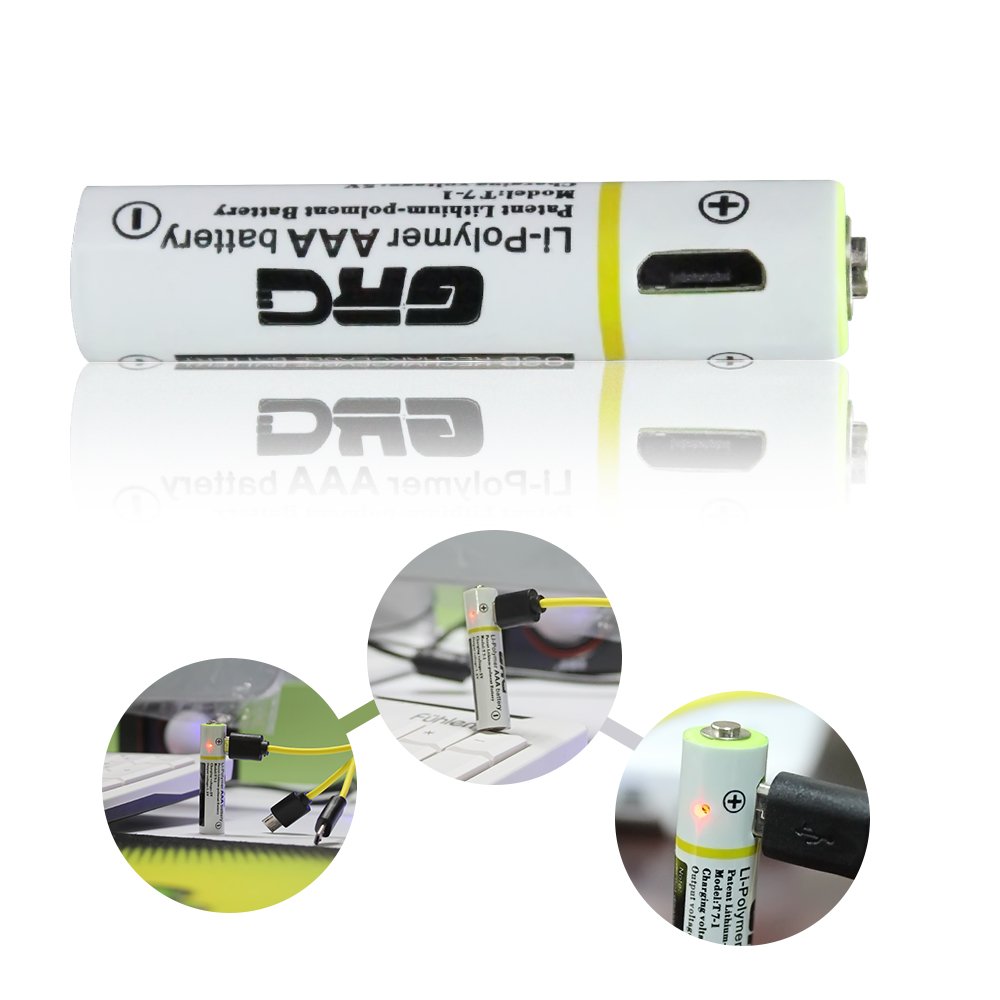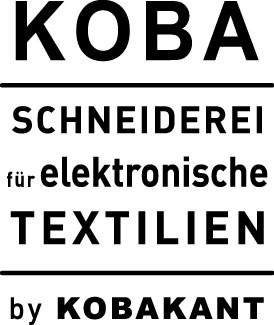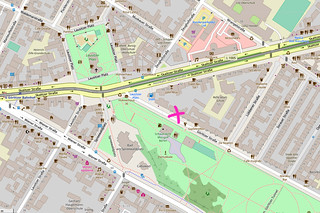Batteries option
Most of the “wearable” solution needs some kind of battery, and often it is our headache to think about which battery is the most suitable to the project. Most of what we do need 3-5V power source, but sometimes needs even higher voltage. Until now, we do not have “the solution” that works for every project. Here are some comparison, pro and cons.
Li-Po (Lithium Polymer) rechargeable battery
Voltage: 3.7V – 4.2V
Connector: JST (often)
mAh: various, from 100mAh to 2000mAh
Price: 5-10 Euro (+ 5euro charger)
Rechargeable: Yes
Pro: Rechargeable, can provide a lot of ampere
Con: Not safe (it can get very hot if you poke through the soft shell, or short circuit + and -). The JST plug that comes with the battery is hard to unplug. You will need a charging component to charge.
USB power bank for phones

Voltage: 5V
Connector: micro USB or USB plug
mAh: various, from 2500mAh to 10000mAh or more
Price: 10-20 Euro
Rechargeable: Yes
Pro: It includes USB charging system so you do not need extra charging unit. Safe (commercially approved).
Con: It is relatively big for wearable use. Until now I could not find small ones. Often it has sleep mode when you do not consume enough power (running Arduino is not enough consumption) and often need to add something to consume power that is also draining (wasting) energy.
Petzl CORE Battery
Voltage: 3.7 V
Connector: micro USB or USB plug for charging
mAh: 1250 mAh
Price: 24 Euro
Rechargeable: Yes
Pro:The form factor is same as 3x AAA battery, so one can use AAA battery holder. Also replaceable with AAA battery when battery is run out. it has built in USB charger. Safe (commercially approved). It does not seem to have sleep mode nor ampere limitation.
Con: Expensive
https://mountainsforeverybody.com/what-is-petzl-core-battery-review
3x AAA battery Non rechargeable
Voltage: 4.5 V
Connector: battery holder
mAh: 800mAh x 3
Price: 1-2 Euro
Rechargeable: No
Pro: very cheep, and very common. You can buy it everywhere. Safe. Relatively small and light
Con: unsustainable as you need to throw them away once you use them up.
3x AAA battery rechargeable
![]()
Voltage: 4.5 V
Connector: battery holder
mAh: 800mAh
Price: 7-10 Euro + 15-20 Euro (charging station)
Rechargeable: Yes
Pro: As AAA batteries are common, if you run out of charge, you can run to a corner shop and use non-rechargeable as emergency. Safe.
Con: battery stations are big and pricey. Although there are some USB charger embedded ones.

coin cell battery

Voltage: 3 V
Connector: battery holder
mAh: ? (small)
Price: 1-2 euro (it depends, it can be very cheep)
Rechargeable: No
Pro: it is small and cheep.
Con: environmentally very unfriendly. It contains only small mAh, so you will need to replace it all the time. It can not provide a lot of ampere in one time.
Rechargeable coin cell battery

Voltage: 3.7 V
Connector: battery holder
mAh: ? (small I guess)
Price: 23 euro (charging unit + 2 coin cells)
Rechargeable: Yes
Pro: small and rechargeable. I have not tried it yet but it sounds good. Safe.
Con: the capacity (mAh) maybe too small for some applications.
amazon link>> https://www.amazon.de/Girafus-Wiederaufladbare-2032-Knopfzellen-Ladeger%C3%A4t/dp/B06XXZPV5H/ref=sr_1_1?ie=UTF8&qid=1521986811&sr=8-1&keywords=cr2032+rechargeable
solar charger power bank

For outdoor use like camping or burning man parties, it maybe useful to have solor charger power bank to charge batteries or other devices.
alternatively there are also dynamo USB charger, though I do not know how good they work. It says do not charge smartphones…
Dynamo Emergency Charger amazon link >> https://www.amazon.de/iProtect-Ladeger%C3%A4t-Anschluss-integrierter-Taschenlampe/dp/B076KRWG7V/ref=sr_1_58?s=ce-de&ie=UTF8&qid=1521981494&sr=1-58&keywords=solar+battery+charger
Battery recycling in general
and I was curious how good non-rechargeable batteries recycle. It sounds like better to use rechargeable ones as much as possible as these recycles are about recovering the materials and not releasing the toxic chemical in environment, but still to use energy to recover them and not just reusing them like glass beer bottles in Germany.
https://www.batterysolutions.com/recycling-information/how-are-batteries-recycled/







